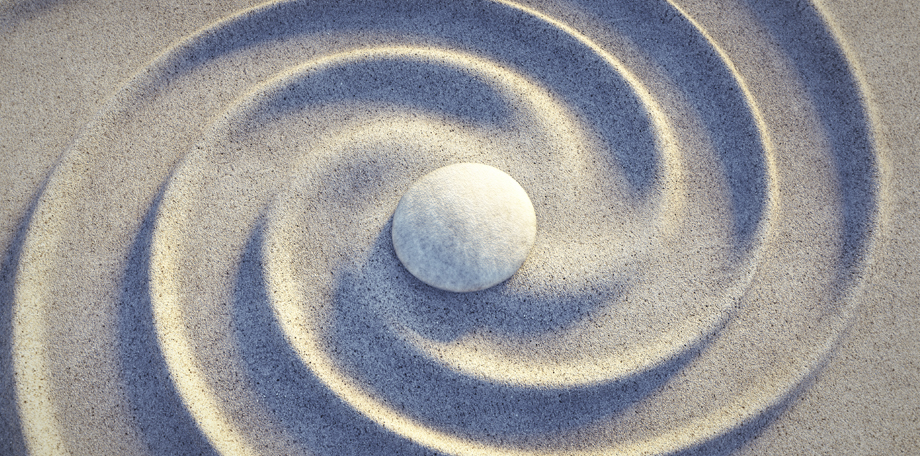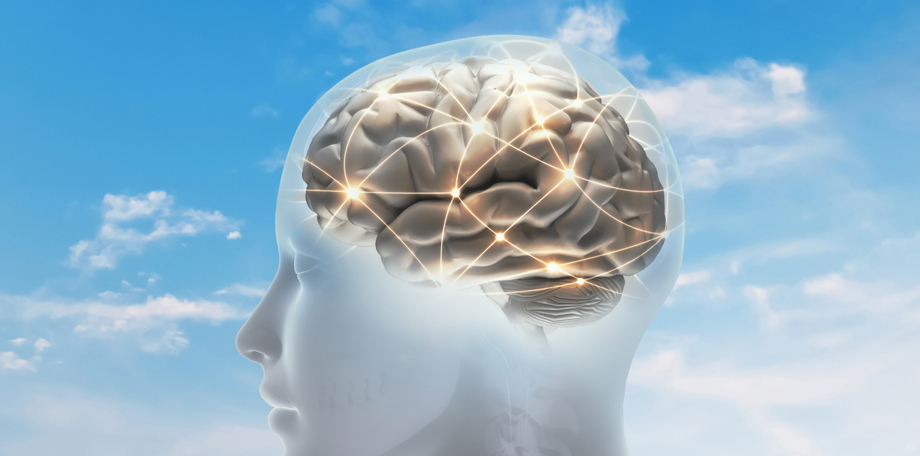If there was ever a time to try meditation, it’s now, and if you started a meditation practice over the past two years, you aren’t alone. The unprecedented times brought about by the pandemic have pushed people to turn to meditation to seek solace.
There’s an App for That
A study by App Annie reveals that the global download of health and fitness apps went up by 30% in 2020 over 2019. Among the most sought-after wellness apps are those designed for mediation and relaxation. But meditation had been a trend before the sudden surge in 2020. In fact, the CDC named meditation the fastest-growing health trend in the United States in late 2018. And the global meditation market isn’t expected to slow down anytime soon, as Data Bridge estimates it will be worth $9 billion by 2027.
You may have heard of popular meditation apps like Calm and Headspace, but my favorite meditation app and tool is Muse.
No Money from Muse
First, I need to be very clear in this endorsement. I do not profit from recommending Muse to my executive coaching clients, nor do I benefit in any way personally or on behalf of my company. I simply gave Muse a try when it first came out, and I was hooked ever since. But before we get into why Muse works so well for meditation, let’s take a look at why people find it so hard to meditate.
My Meditation Journey
I started to learn how to meditate over 40 years ago. Back then, it was considered strange so people who meditated didn’t necessarily share that openly with others. As you likely know, I worked as a trader in the finance industry for many years before becoming an executive coach. I certainly didn’t walk around the trading floor telling people I meditated every morning. However, it’s one of the most powerful things I’ve ever done and still do to this day.
If I’m honest, it took me six months to learn to meditate. It was not easy, but I was dedicated to mastering the technique. I would get up in the morning before work, and I would force myself to sit quietly with my eyes closed for an hour. At first, I jumped from thought to thought, many more times thinking about the groceries I needed to buy or the latest movie I wanted to see than being present in the moment. But despite this constant mind racing, I would not allow myself to get up for that hour because I knew it would take practice to be able to concentrate. It was truly brutal, and I found it very difficult for me to get to the alpha brain state, which is a state of wakeful relaxation. But once I managed to get there, once my brain learned how to do it over and over again, it became easy.
What I experienced is the same feedback I constantly get from my coaching clients:
- It’s hard.
- I can’t get there.
- I’m not disciplined enough.
- My mind wanders.
- It makes me feel anxious.
- I can’t tolerate it.
- It’s a waste of time.
I totally get it, but the advantage of living in today’s world instead of 40 years ago is that there are more tools to assist you in learning meditation. I try every new product that comes out to assist with meditation so I can help my clients find an easier way… which brings me to Muse.
Magical Muse
Muse is a brain-sensing headband that uses real-time biofeedback to help you refocus during the day and recover overnight. I love the headband because it actually gives your brain feedback so that it’s constantly learning. Your brain literally teaches itself to meditate! If you are a novice, using Muse will help you get stronger at meditation exponentially faster than just trying to learn it on your own.
So, how does it work? First, you set up the amount of time you want to meditate and choose a soundscape (think rainforest, beach, desert, etc.). You connect the headband to your mobile device via Bluetooth, start the app and close your eyes. The brain sensors detect and measure the activity of your brain. When your mind is calm and settled, you hear peaceful weather. But as your focus drifts, you’ll hear stormy weather that cues you to bring your attention back to your breath.
After each session, you’ll see a series of graphs and charts in the app that show your brain, heart, breath and body activity. You can track your progress over time, and there’s even a gamification element where you can set goals, take part in challenges and achieve bonuses. By being able to see your progression over time, you experience positive reinforcement for the change is happening in your brain.
Related: The Surprising (and Not-So-Surprising) Ways that Meditation can Benefit your Career
The Brain Change
But does meditation really alter the brain physically? A long-referenced study on neuroplasticity reported in the Wall Street Journal and published in Proceedings of the National Academy of Sciences in 2004 indicates it does. The Dalai Lama encouraged Tibetan Buddhist monks to lend their brains to science. Brain scans of volunteers who were novice meditators were compared to scans of these Buddhist monks who had spent more than 10,000 hours in meditation. The monks’ scans showed a dramatic increase in high-frequency brain activity called gamma waves during their meditation. The novice meditators showed a slight increase but nothing compared to the monks.
This study opened up the possibility that the brain can be altered intentionally. I remember thinking back then of the idea of mental fitness and using the analogy of working out your brain, which is the premise of my book Leading Lightly being released in June2022.
The Western Version
Meditation has been around for thousands of years, but with the technological advances we have today, the Western version, as I like to call it, allows us to achieve results faster, and that’s okay. Thousands of years ago, our brains were different. They didn’t have the information overload we have today. With our overwhelmed brains, it’s harder to train our brains to work effectively, so if you need the assistance of a tool like Muse, there’s no shame in that.
I’m in favor of anything that helps you harness the power of meditation. When you master meditation, you train your brain how to operate at its highest capacity and maximize that power. You are able to perform under pressure and avoid going into fight-or-flight responses that can derail your success.



